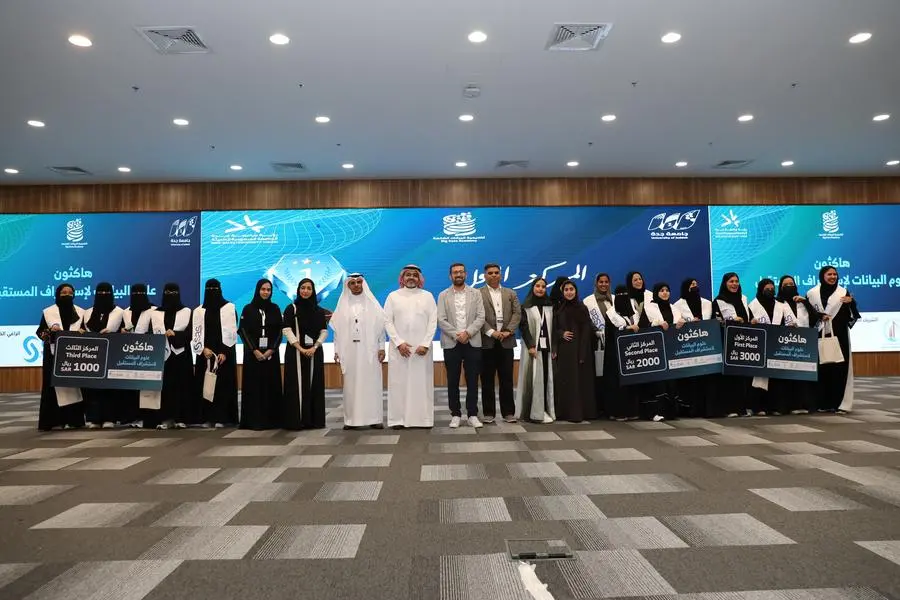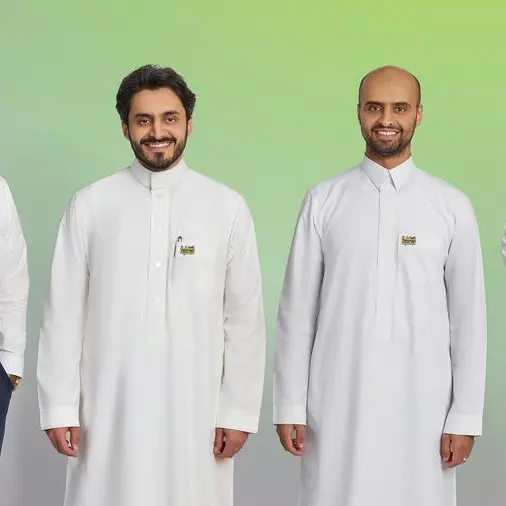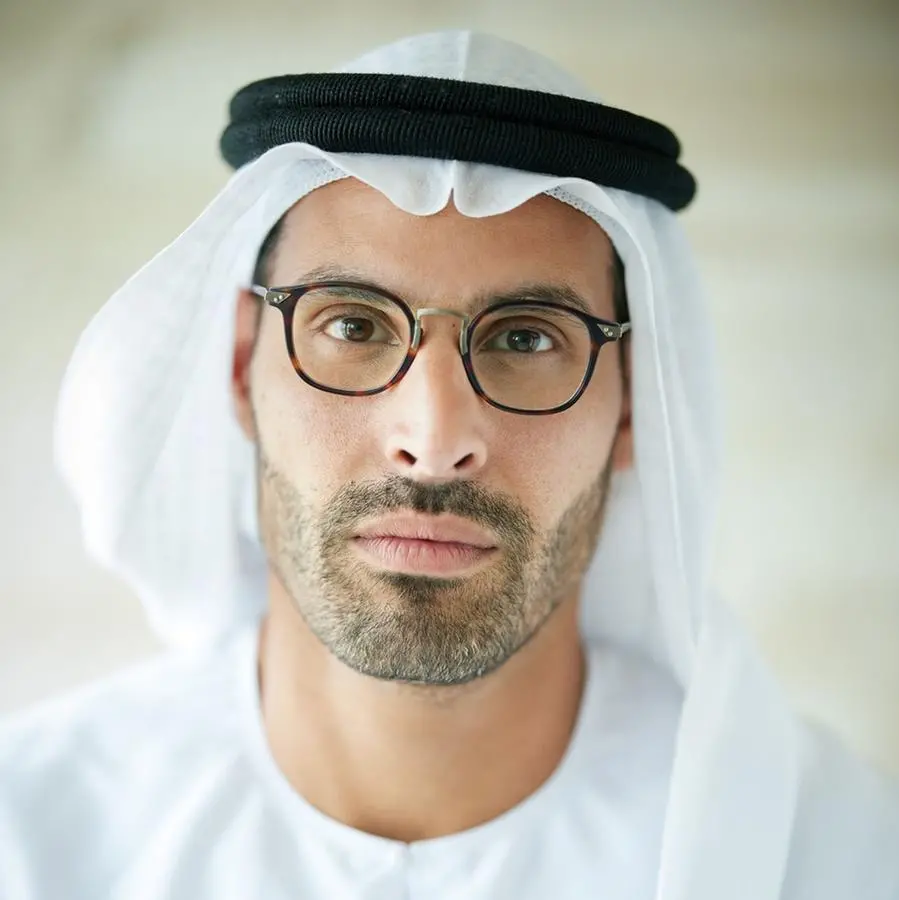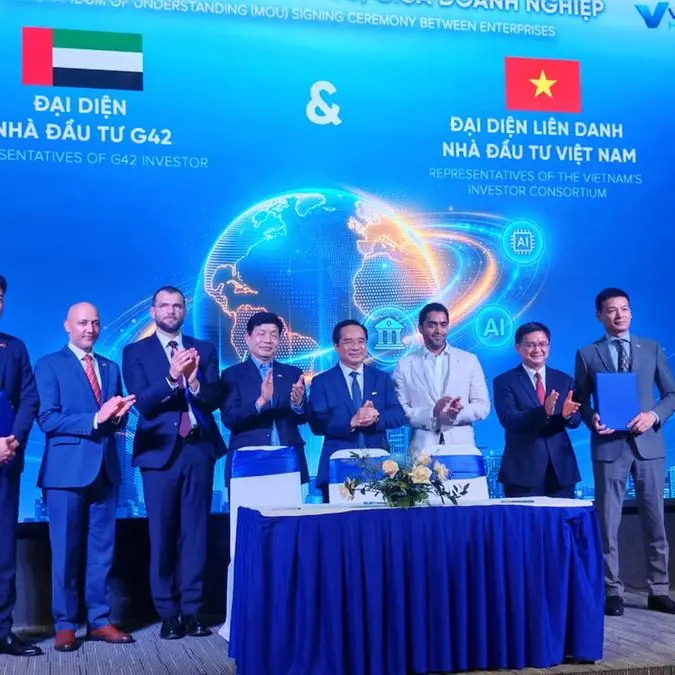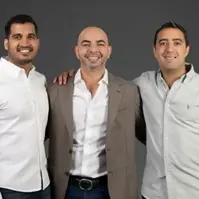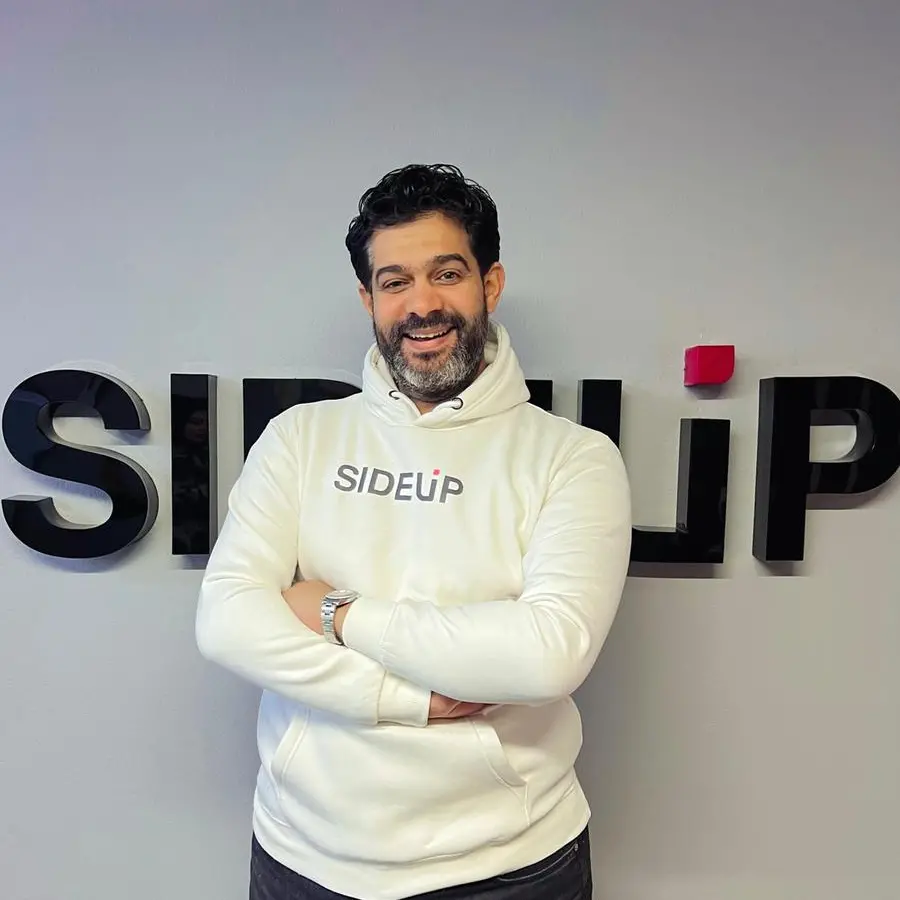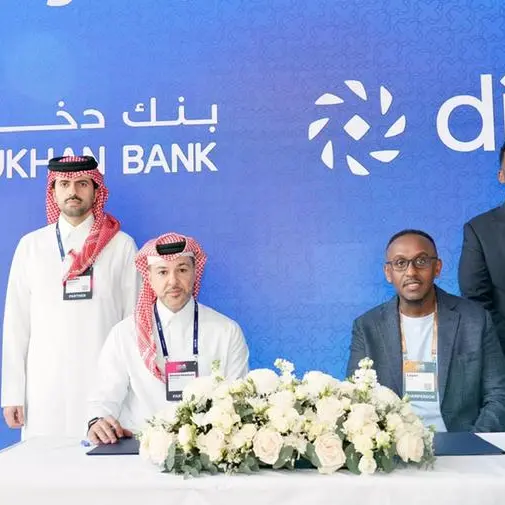PHOTO
Jeddah, Saudi Arabia – The SAS Forecasting Hackathon, held on November 4-5, 2024, and hosted by the University of Jeddah in collaboration with SAS, a global leader in analytics, was a resounding success. The event showcased exceptional student talent and innovation, with all three winning teams composed entirely of female students, highlighting the growing leadership of Saudi women in the fields of AI and data science.
This inspiring event brought together 60 teams, comprising of 200 students competing across four tracks: Finance, Civil Defense, Environment, and Logistics. The hackathon showcased the ability of young innovators to tackle global challenges using cutting-edge technology and data analytics.
Students participated in hands-on workshops with SAS Visual Forecasting, a low-code/no-code solution. The knowledge was then applied to create advanced forecasting models, applying AI-driven insights to address key issues in their respective tracks.
The jury assessed the projects based on several criteria, including how effectively the model addressed the business problem and provided actionable insights, the use of visualization to clearly explain model performance, the application of innovative techniques, and the stability and accuracy of the forecasts. This rigorous evaluation ensured that the winning teams excelled across technical, analytical, and creative dimensions.
Winning Teams:
First Place - Analytics Squad (Logistics Track):
The team leveraged AI and SAS tools to redefine the airport tourism experience, predicting passenger flow patterns, optimizing airport operations, and delivering personalized recommendations. Their project addressed critical challenges related to peak travel management and traveler satisfaction. Winning team members: Lamar Barashi, Renad Alqurashi, Ruba Alzahrani and Deema Hakeem.
Second Place - Data Crafters (Environment Track):
Using datasets on global CO2 emissions and passenger traffic at Dubai International Airport, this team forecasted future passenger volumes and analyzed their correlation with CO2 emissions. Their insights provided actionable solutions for sustainable development in the transportation sector. Team members: Lamis Alsulami, Amjad Albishri, Lama Turki, Ghaidaa Elazhary, and Albandari Tami.
Third Place - Only Winners (Environment Track):
This team developed an accurate forecasting model for greenhouse gas (GHG) emissions across six countries. Their projections emphasized innovative methods to capture and reduce GHG emissions, contributing to the global fight against climate change. Team members: Hams Binmahfooz, Rama Alshehri, Dana Alzahrani, Shahad Altarteer, and Shaymaa Alzahrani.
Driving Saudi Arabia’s AI Vision
The hackathon aligns with Saudi Arabia’s vision of becoming a global leader in AI and innovation. Mohammed Kiki, general manager of SAS in Saudi Arabia stated: “We are grateful to the University of Jeddah for hosting SAS Forecasting hackathon. The outstanding achievements of these young women reaffirm the critical importance of fostering diversity and inclusion in technology. As Saudi Arabia continues its journey towards becoming an AI superpower, SAS is proud to support this mission through education, training, and certifications designed to empower the next generation of AI leaders.”
The SAS Forecasting Hackathon not only highlighted the remarkable capabilities of Saudi Arabia’s youth but also celebrated the extraordinary leadership of women in AI. This event stands as a testament to the country’s commitment to innovation, diversity, and equipping its workforce with future-ready skills.
About SAS
SAS is a global leader in data and AI. With SAS software and industry-specific solutions, organizations transform data into trusted decisions. SAS gives you THE POWER TO KNOW®.
SAS and all other SAS Institute Inc. product or service names are registered trademarks or trademarks of SAS Institute Inc. in the USA and other countries. ® indicates USA registration. Other brand and product names are trademarks of their respective companies. Copyright © 2024 SAS Institute Inc. All rights reserved.
